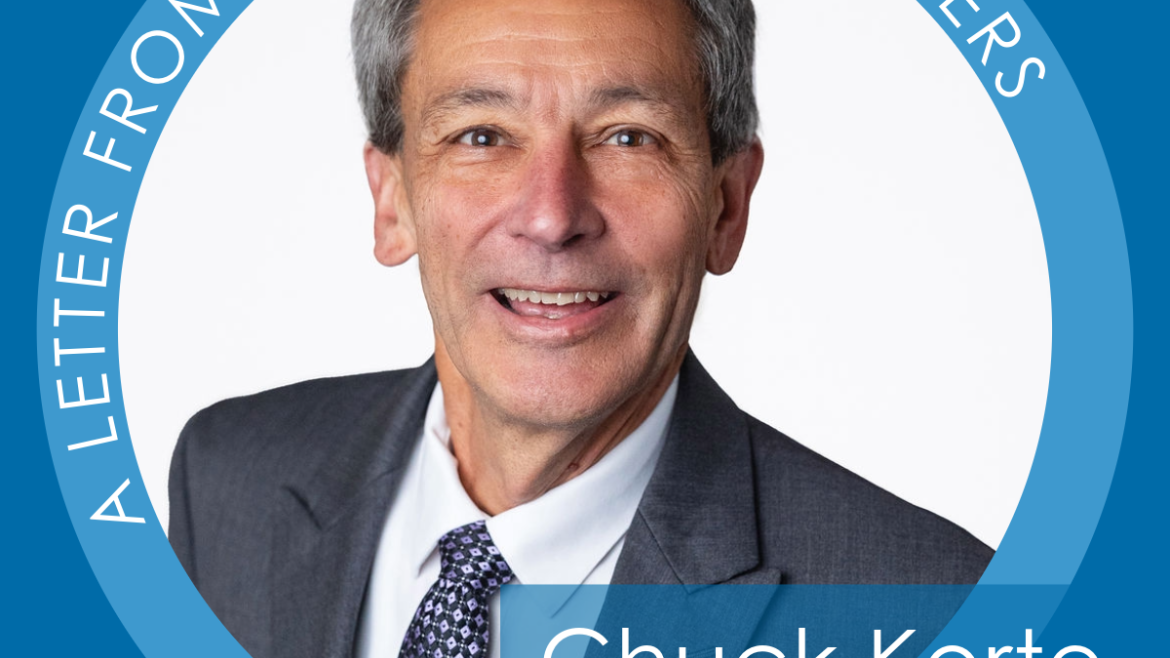VisionSVdP Phase III
In today’s Frédéric’s Five, you will find links to all the data from the VisionSVdP Listening Sessions held in 2024. There is a lot of data in there — and a lot of information to look over and read. It is fascinating to see the comments from Vincentians from all over the country about their thoughts, feelings, and ideas regarding the future of SVdP USA! I urge you to jump in and look through the comments of your brother and sister Vincentians.
As we have begun a preliminary analysis of the comments, there have been some emerging themes that have been identified. These include:
- Advocacy & Social Justice
- Collaboration & Partnership
- Communication & Outreach
- Home Visit & Service Delivery
- Membership & Recruitment
- Organizational Structure & Governance
- Resource Allocation & Fundraising
- Special Works
- Spirituality & Core Values
- Technology Adoption
- Training & Formation
Of these Emerging themes, the Top 5 that had comments associated with them were:
- Home Visit & Service Delivery
- Spirituality & Core Values
- Membership & Recruitment
- Organizational Structure & Governance
- Communication & Outreach
We will be addressing these five areas in Phase III of VisionSVdP. However, there are many themes not in the top five that can easily be considered ‘subcategories’ of those five. For example, Technology Adoption is a prime candidate as a subcategory of both Organizational Structure & Governance and of Communication & Outreach. So all of the common themes are going to be addressed, as well as all other comments, in one way or another.
So, where do we go from here?
Beginning June 1, Working Groups will form at the Conference and/or Council level to begin discussion, developing suggested actions and recommendations for a specific subject. Each Working Group will focus on ONE THEME from the five above.
Instructions and materials for the Working Groups will be sent out in mid-May.
Approximately September 1, all Working Group recommendations will be sent to the highest-level Council (the Council represented by a National Council Member [NCM]).
The Council will create a Working Group that will take up all submitted recommendations and create one Council Report of Recommendations and Actions for each of the five themes above. This needs to be completed by December 1, 2025.
The Council will then elect two Delegates to the National VisionSVdP Congress, to be held in the first Quarter of 2026. These Delegates cannot be the NCM, and one Delegate should hold no Office at the Council or Conference level if possible.
All expenses for the Congress will be paid by the National Council. The Congress is anticipated to be three days of intensive work and will develop a final set of recommendations and actions.
Have a Blessed Easter.
Peace and God’s blessings,
John
John Berry
National President




